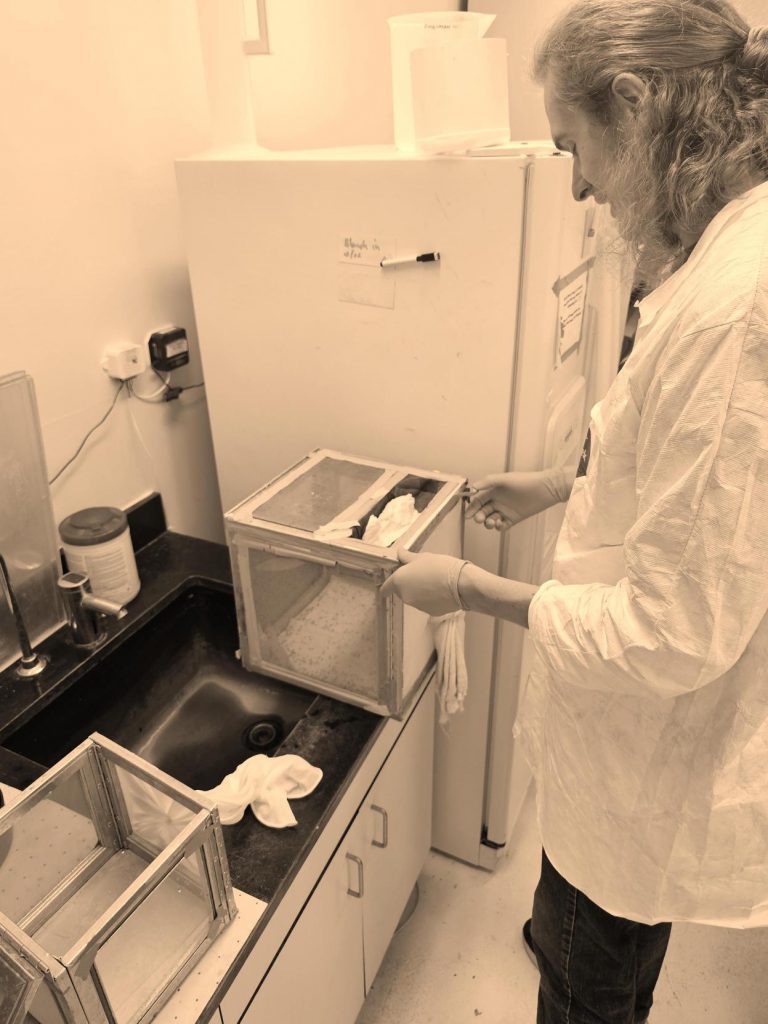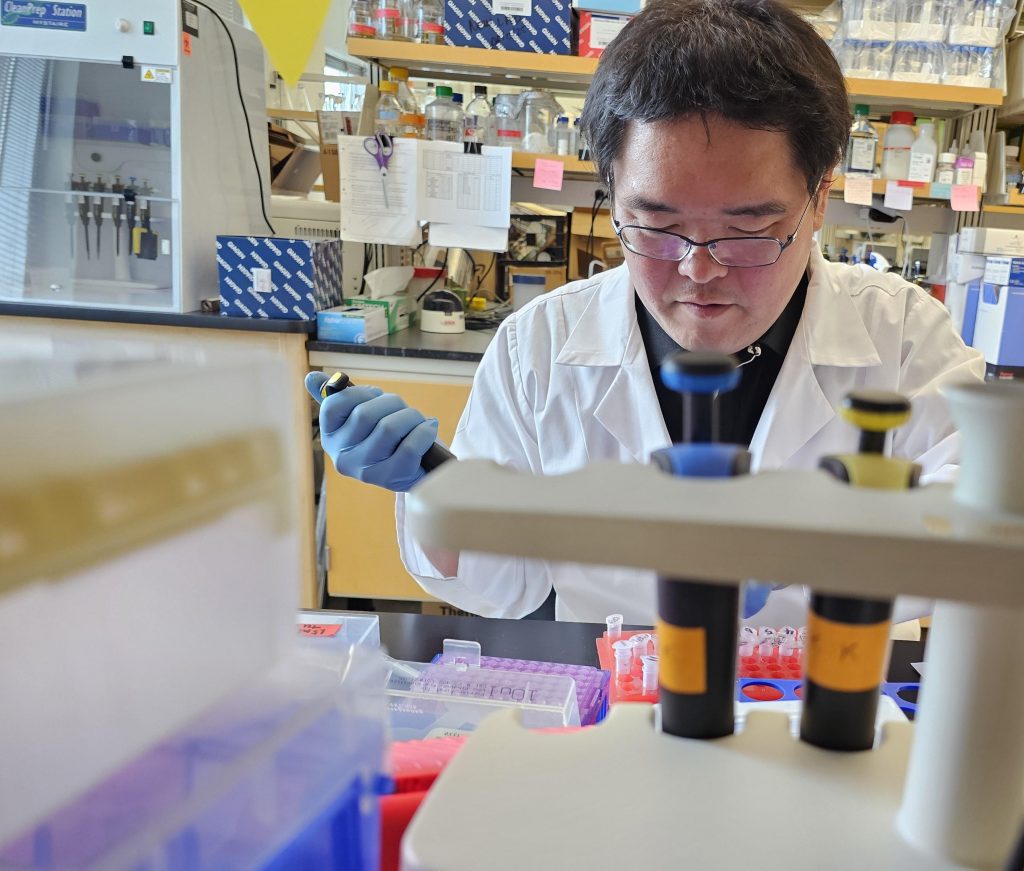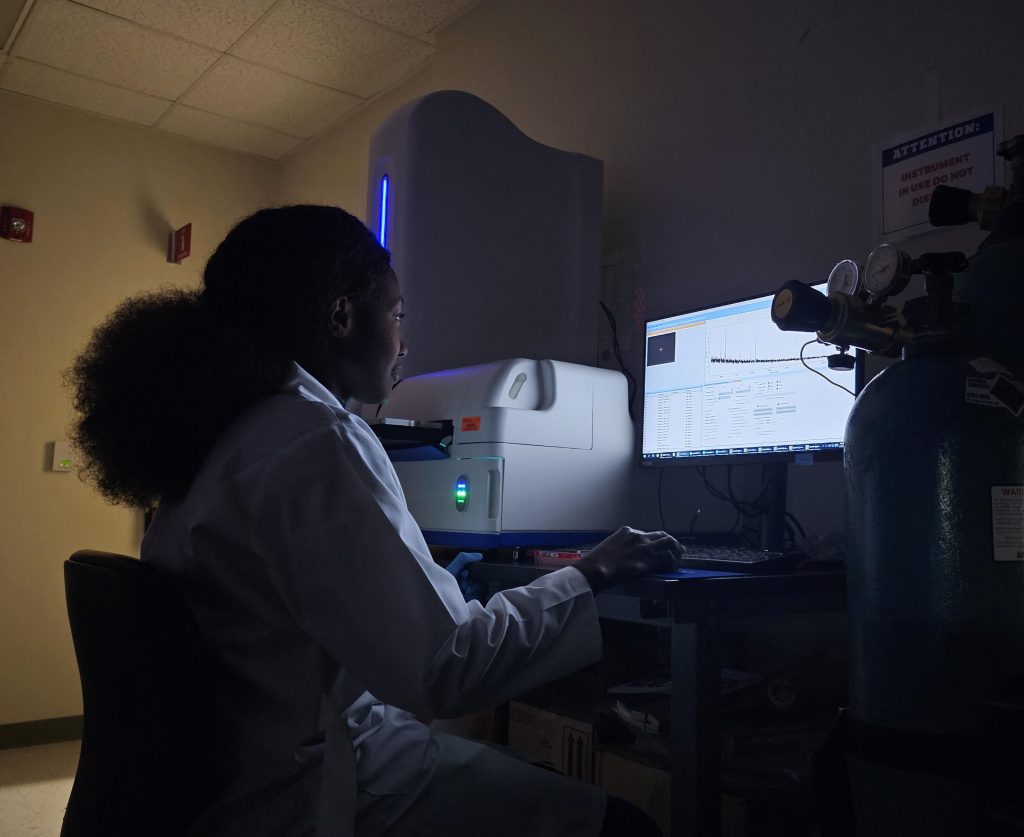-
UF awarded NIH Funding for new malaria research center
READ MOREA new International Center of Excellence for Malaria Research led by University of Florida scientist Rhoel Dinglasan, Ph.D., M.P.H., and partners in Africa.
-
Led by
READ MOREA new International Center of Excellence for Malaria Research led by University of Florida scientist Rhoel Dinglasan, Ph.D., M.P.H., and partners in Africa.

GLOBAL IMPACT
Laboratory Overview
DINGLASAN LABORATORY
It’s estimated that more than 400,000 individuals succumb to malaria every year, mostly children under 5 in Sub-Saharan Africa.
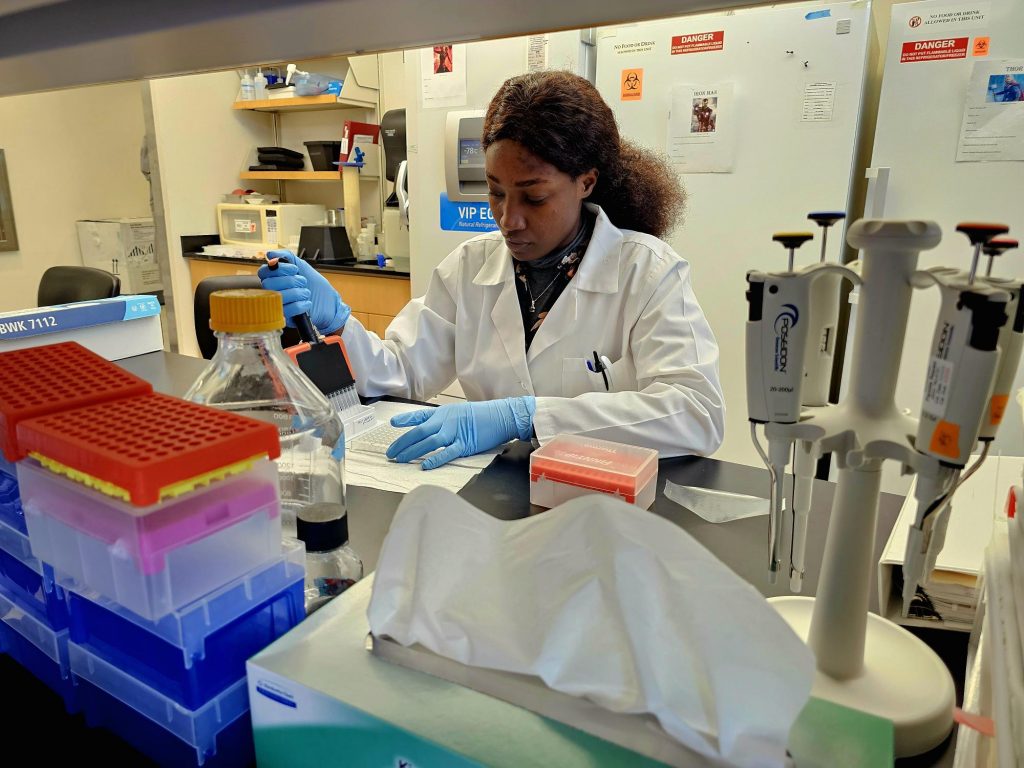
Global transmission of arboviruses by arthropod vectors is expanding, with Florida serving as a gateway for introduction from the Caribbean and South America.
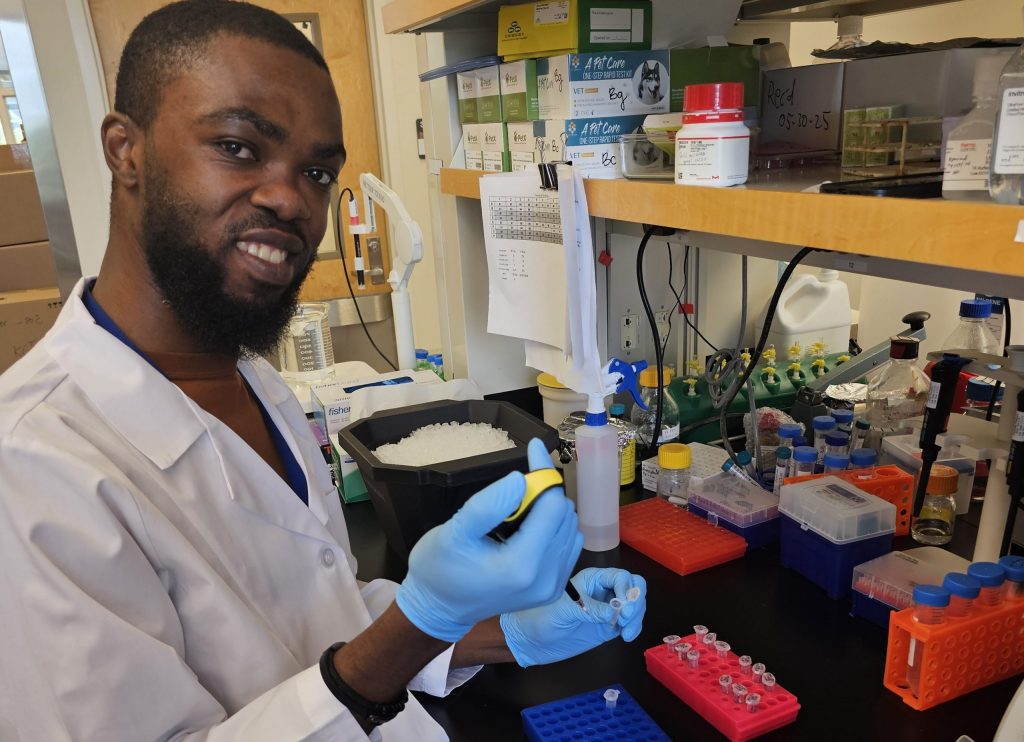
We translate bench side discoveries into global health interventions such as vaccines and more recently diagnostics.
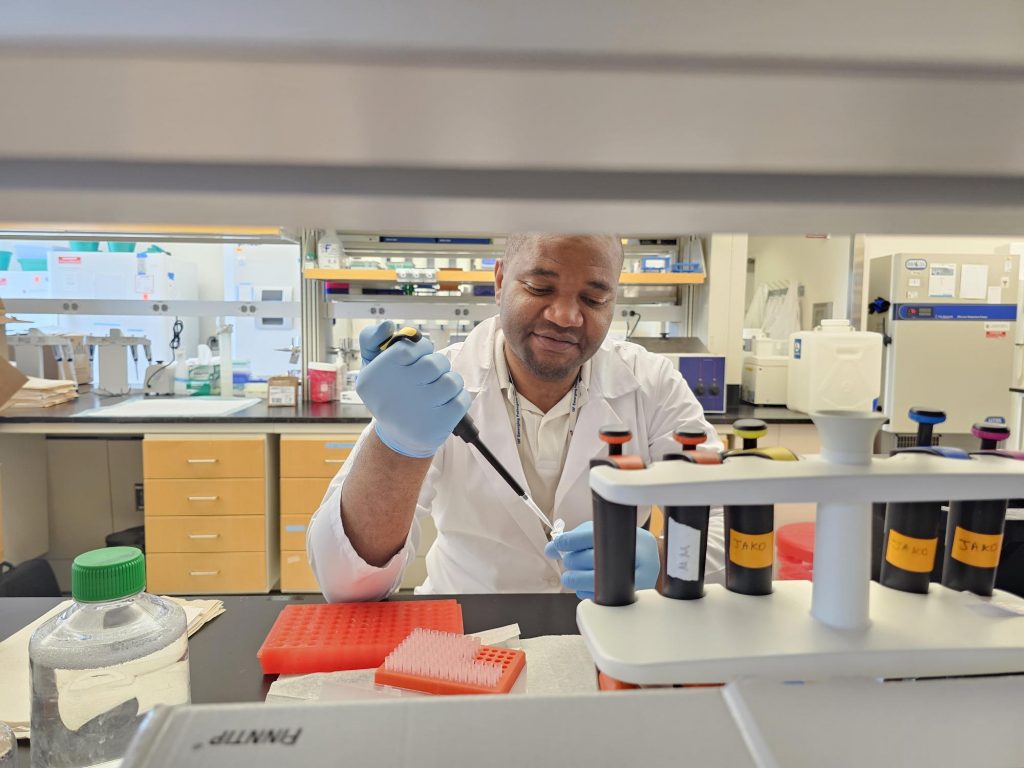
Emerging Pathogens Institute
Our laboratory, located within the institute tackles several important emerging and re-emerging vector-borne diseases by dissecting the biology of transmission of these pathogens through their arthropod vector
Dr. Dinglasan, Principal Investigator
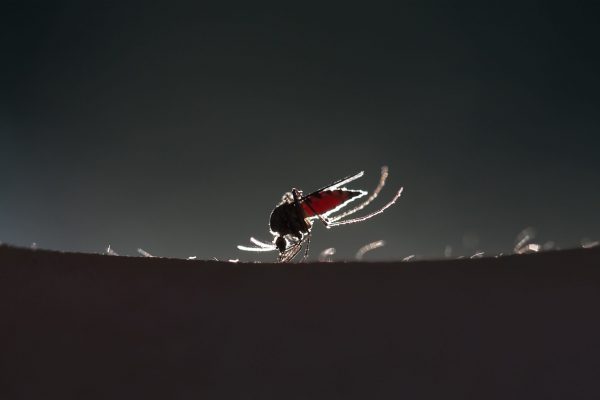
Join Our Team
We encourage experts from different backgrounds to jointly tackle large problems and develop technologies needed to support our mission. We accelerate the pursuit of science by leveraging complementary scientific skills and efficient administrative expertise.
When you work with us, you become part of a team that has a greater mission in mind. Blending science, technology and unique individuals brings forth a collaborative team aiming to change the world
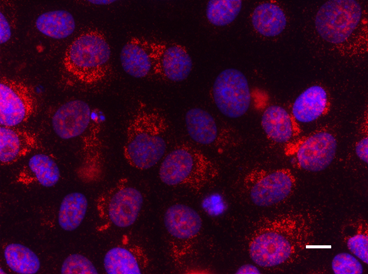
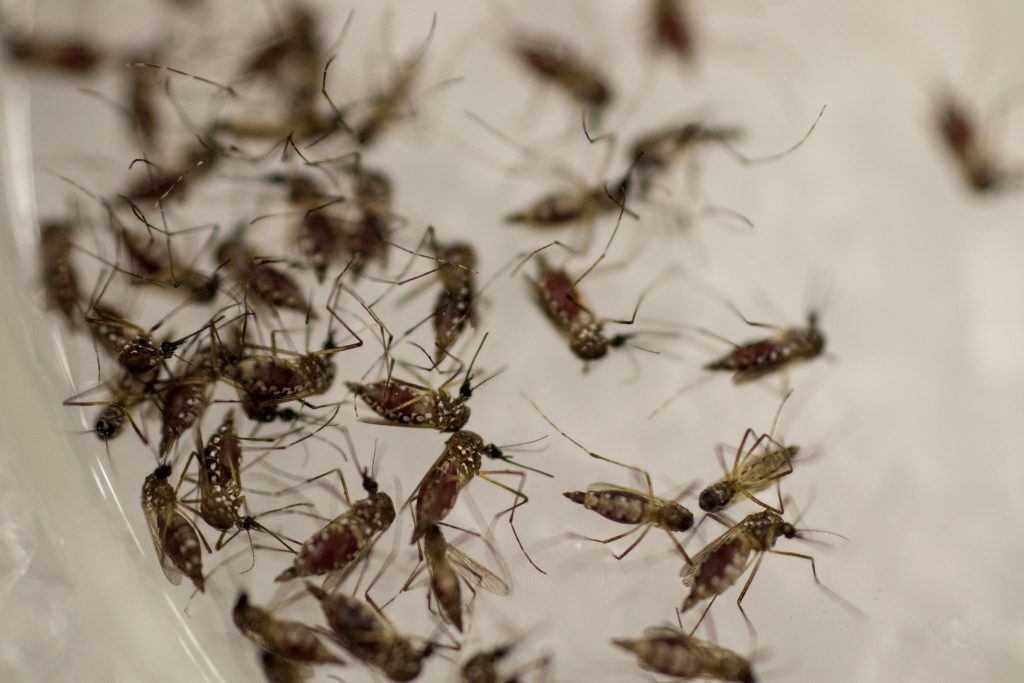


Contact Us
Learn more about the research in the Dinglasan Laboratory.
Latest News
STAY UP TO DATE WITH OUR LATEST NEWS. LEARN ABOUT NEW DEVELOPMENTS, TREATMENTS, VACCINES, OUR LAB & MUCH MORE!

UF Malaria Researcher and Global Partners Win NIH Award for New International Center of Excellence
- Posted OnApril 24, 2024
- By epiadmin
The cooperative agreement, from the National Institute of Allergy and Infectious Diseases, will establish a new International Center of Excellence in Malaria Research (ICEMR) focused
Read More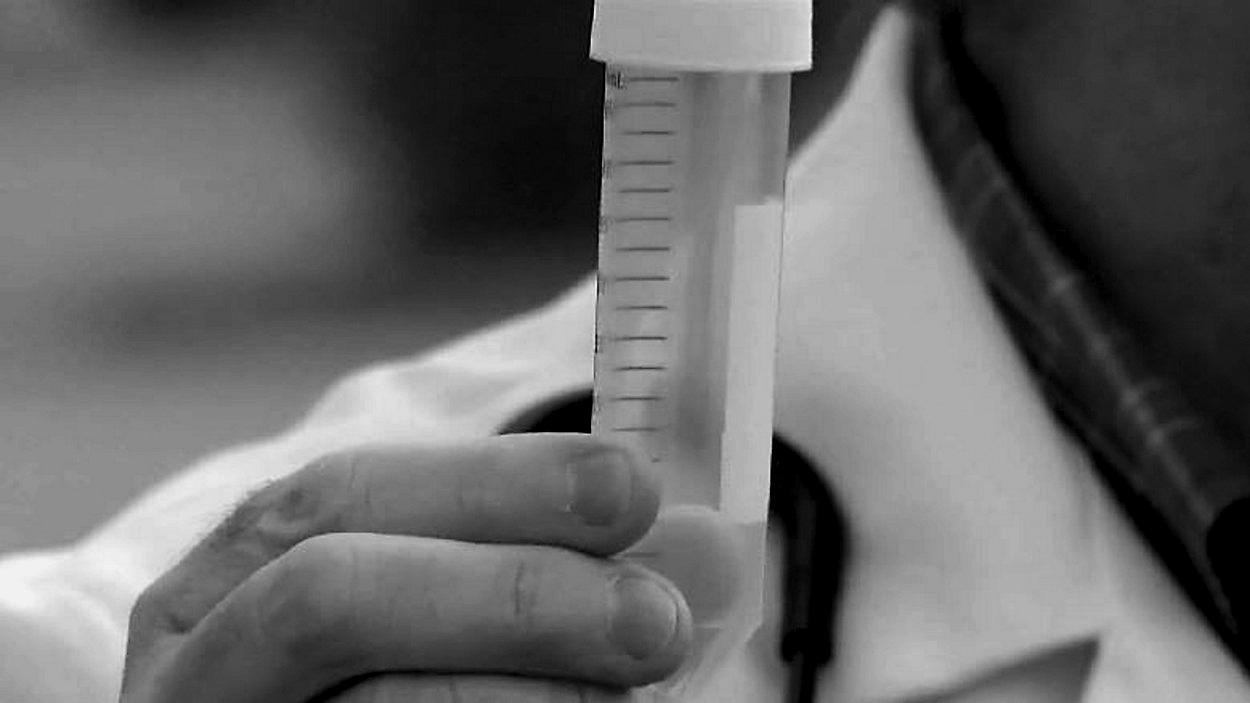
UF Professor of Infectious Diseases, Dr. Rhoel Dinglasan, discusses the new saliva COVID tests
- Posted OnAugust 20, 2021
- By epiadmin
Watch WCJB TV20 video here.
Read More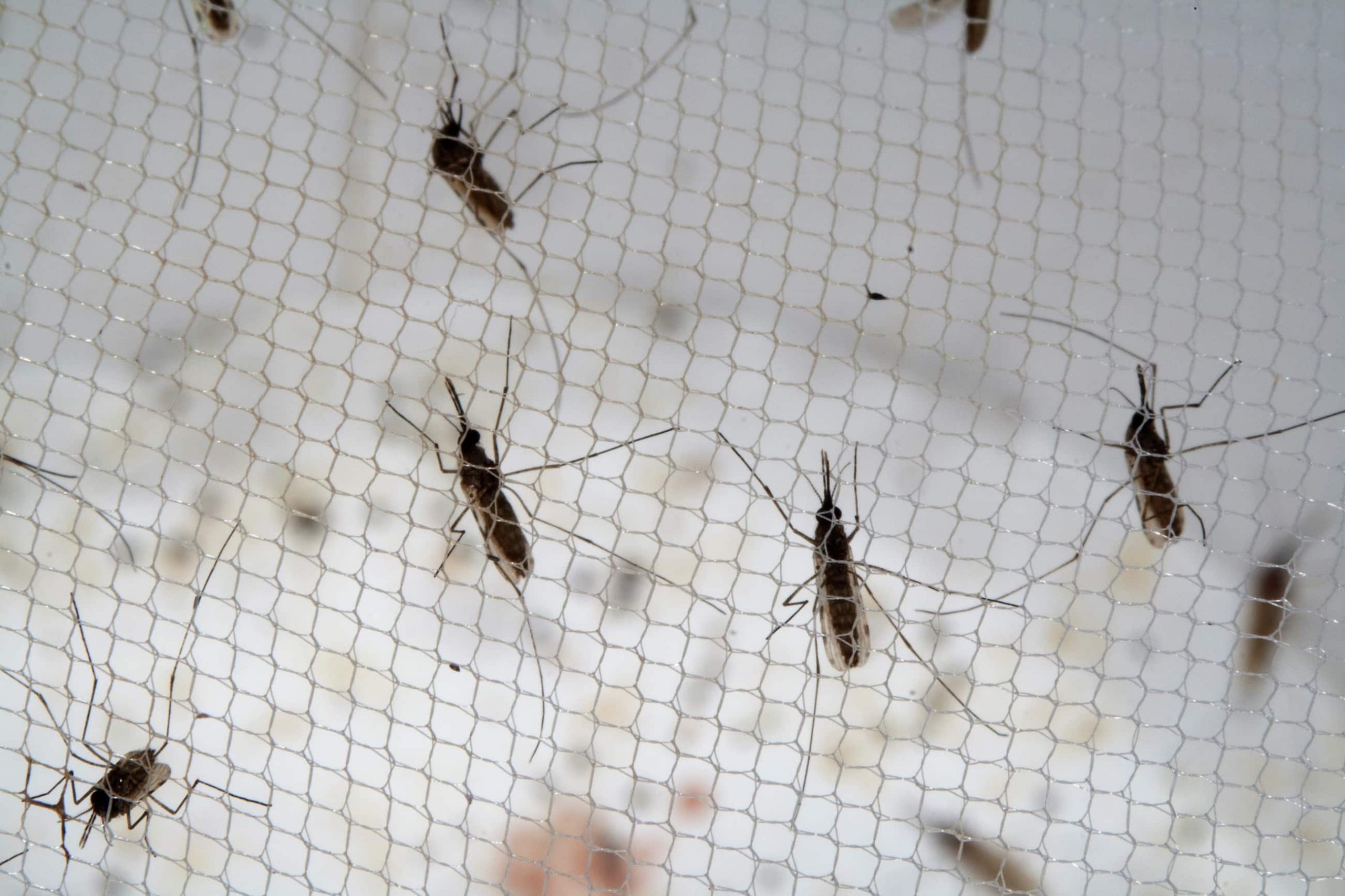
First in human clinical trials of the AnAPN1 malaria transmission-blocking vaccine
- Posted OnMarch 31, 2021
- By epiadmin
Former director of the PATH Malaria Vaccine Initiative, Christian Loucq, M.D., says it is exciting to see Dinglasan’s concept moving toward a clinical trial. “There
Read More
Clustered rapid induction of apoptosis limits ZIKV and DENV-2 proliferation in the midguts of Aedes aegypti
- Posted OnJanuary 15, 2021
- By epiadmin
Jasmine’s 1st first-author paper (Yay Jasmine!) that dissects very early innate immune defense mechanisms of mosquito vectors following infection with flaviviruses. Inter-host transmission of pathogenic
Read More

